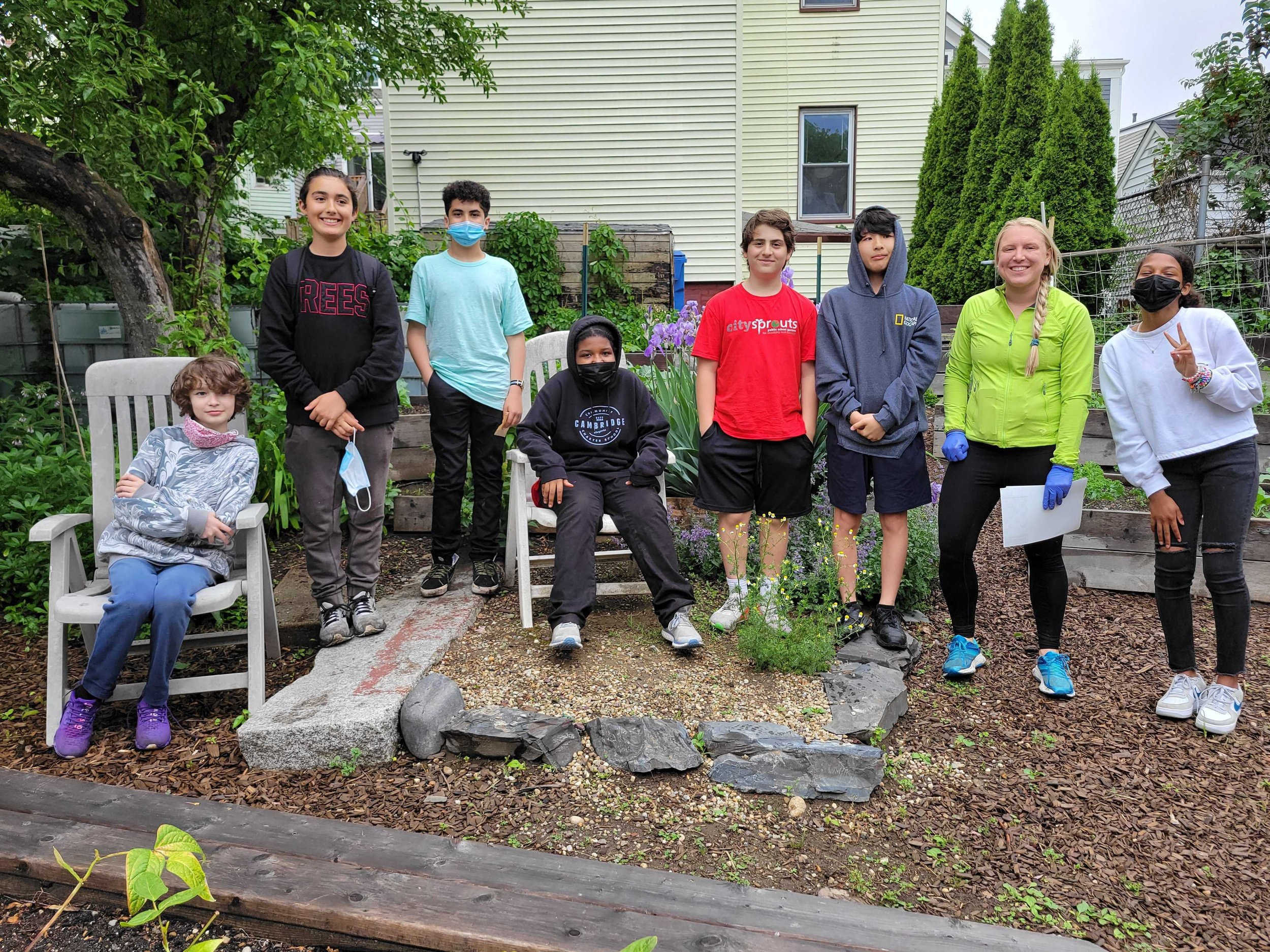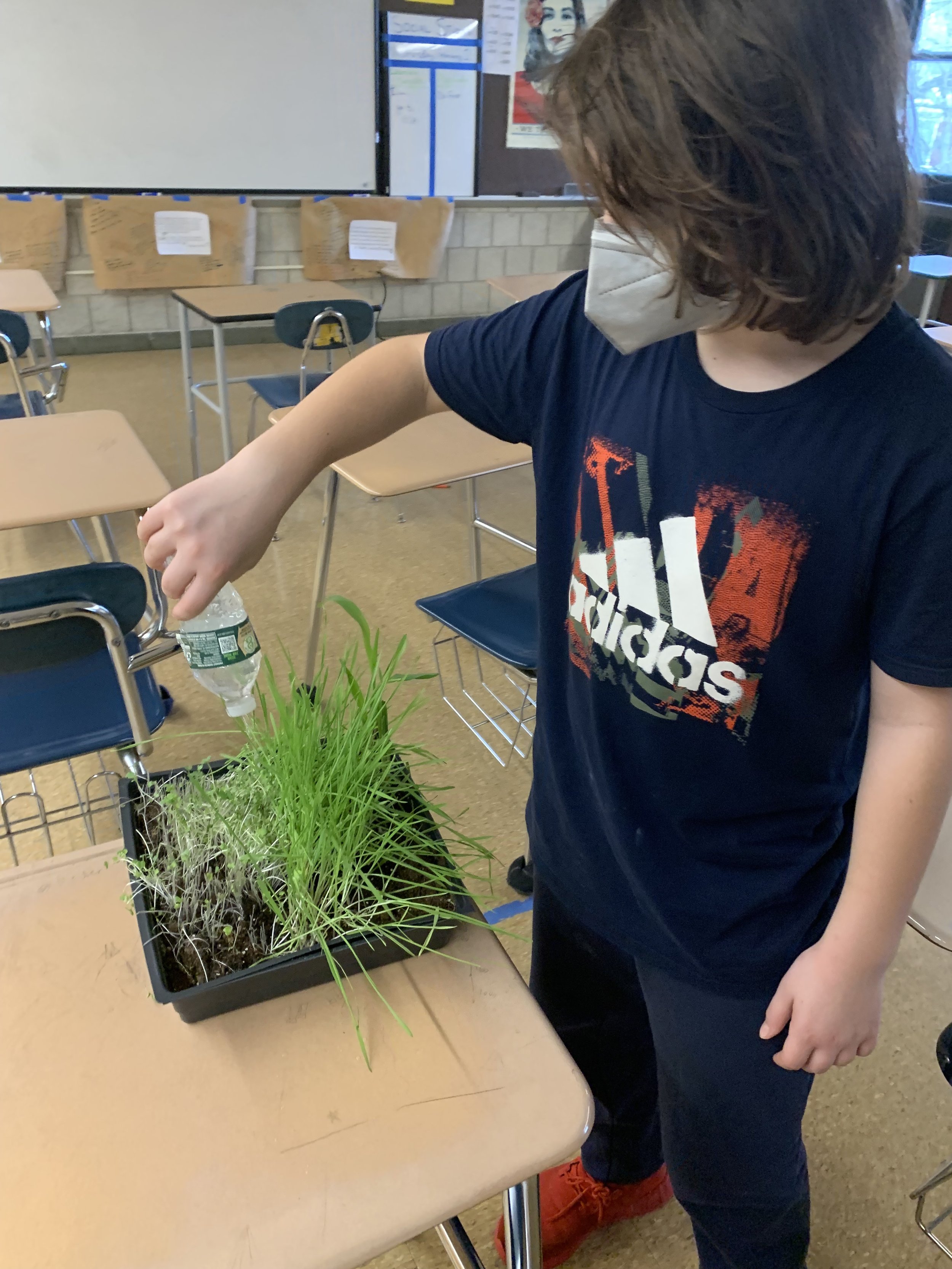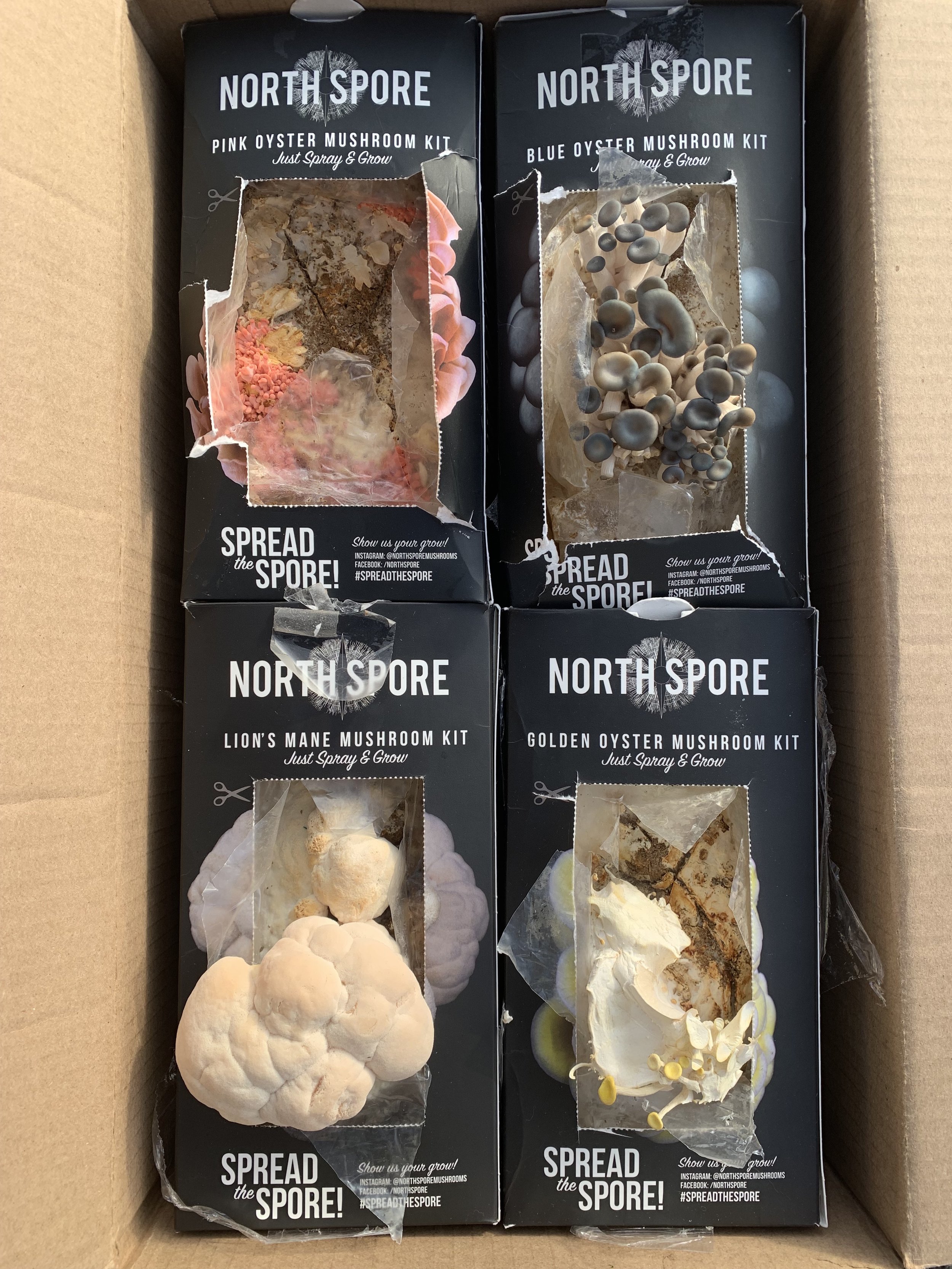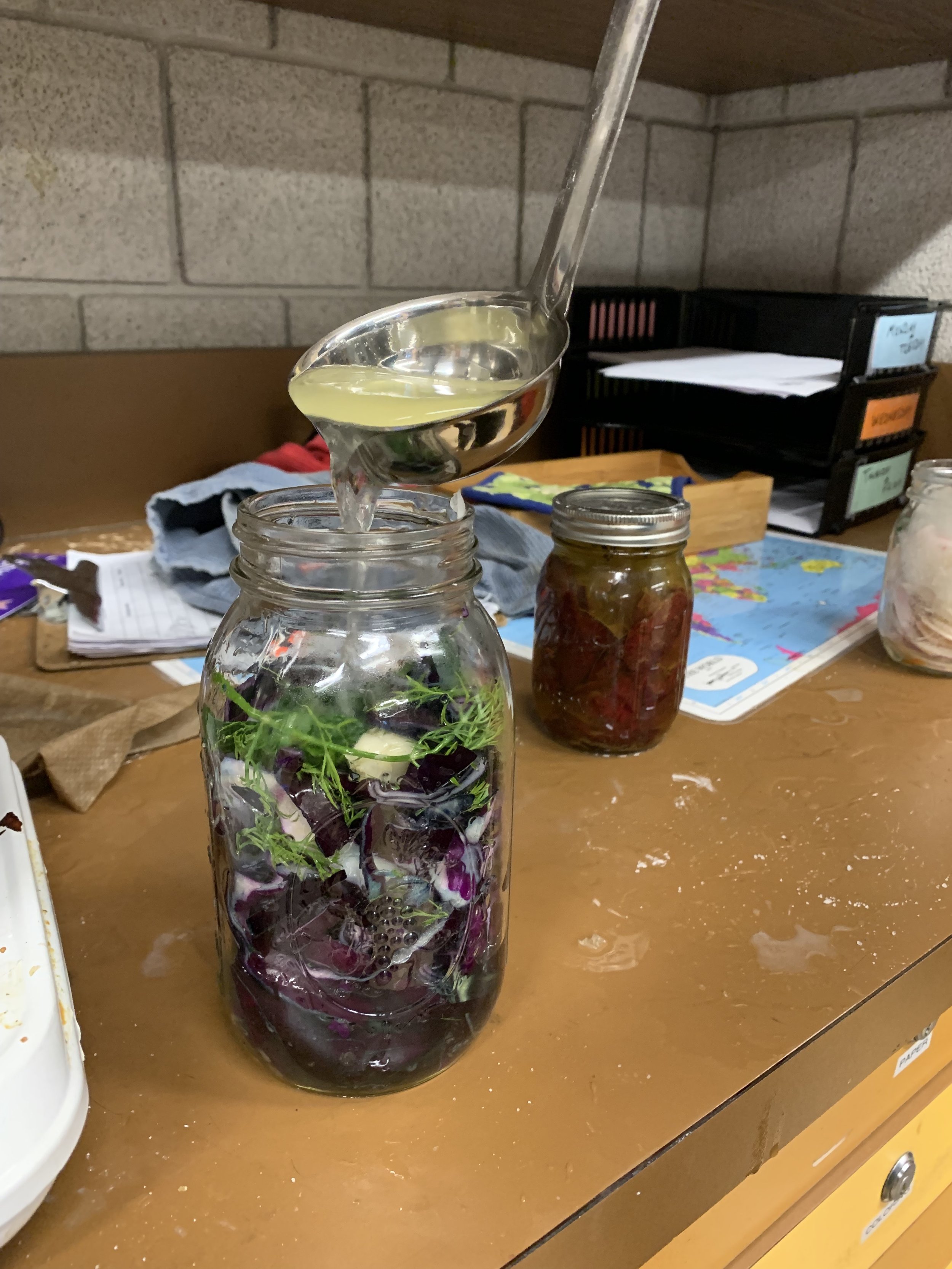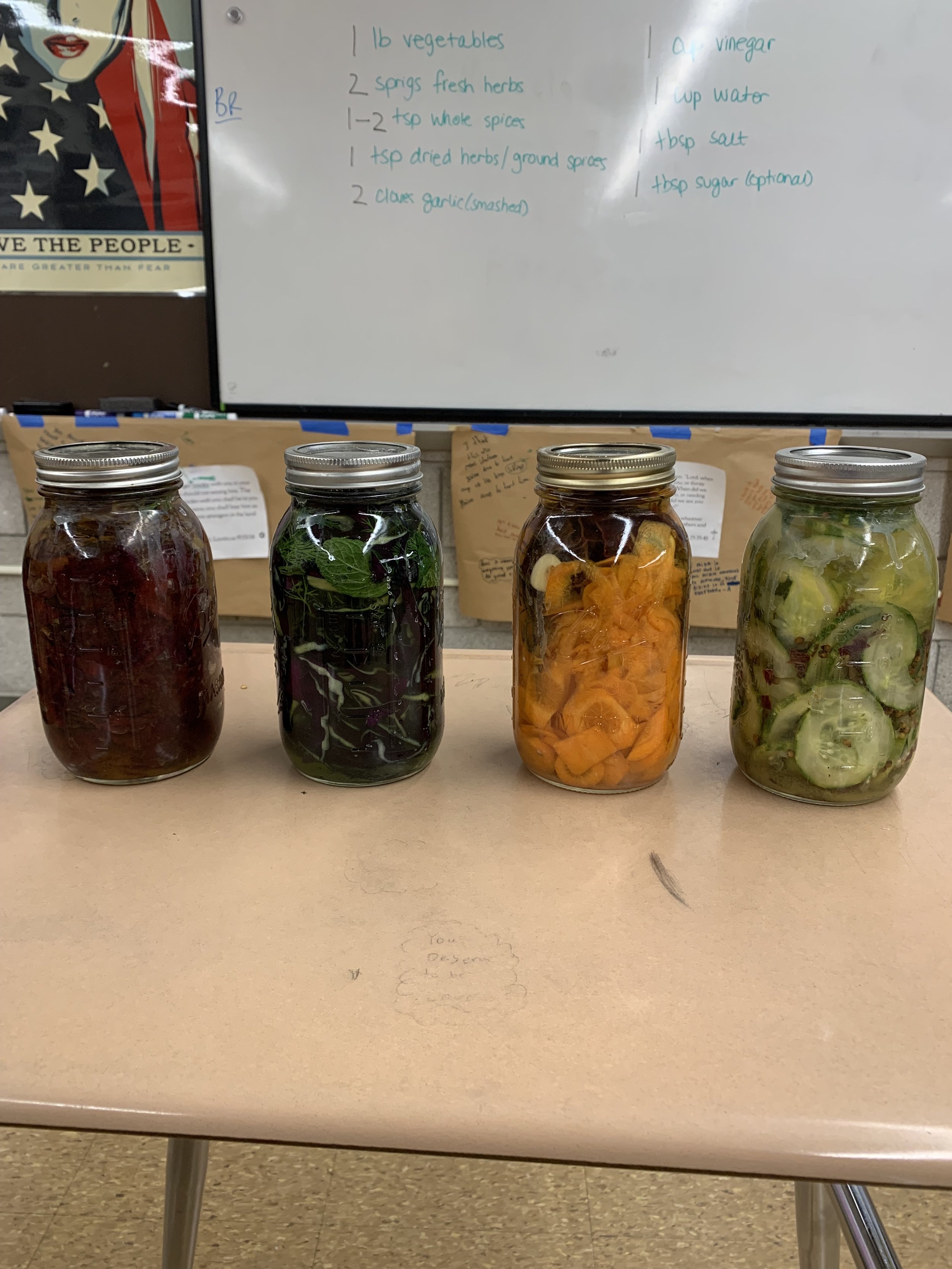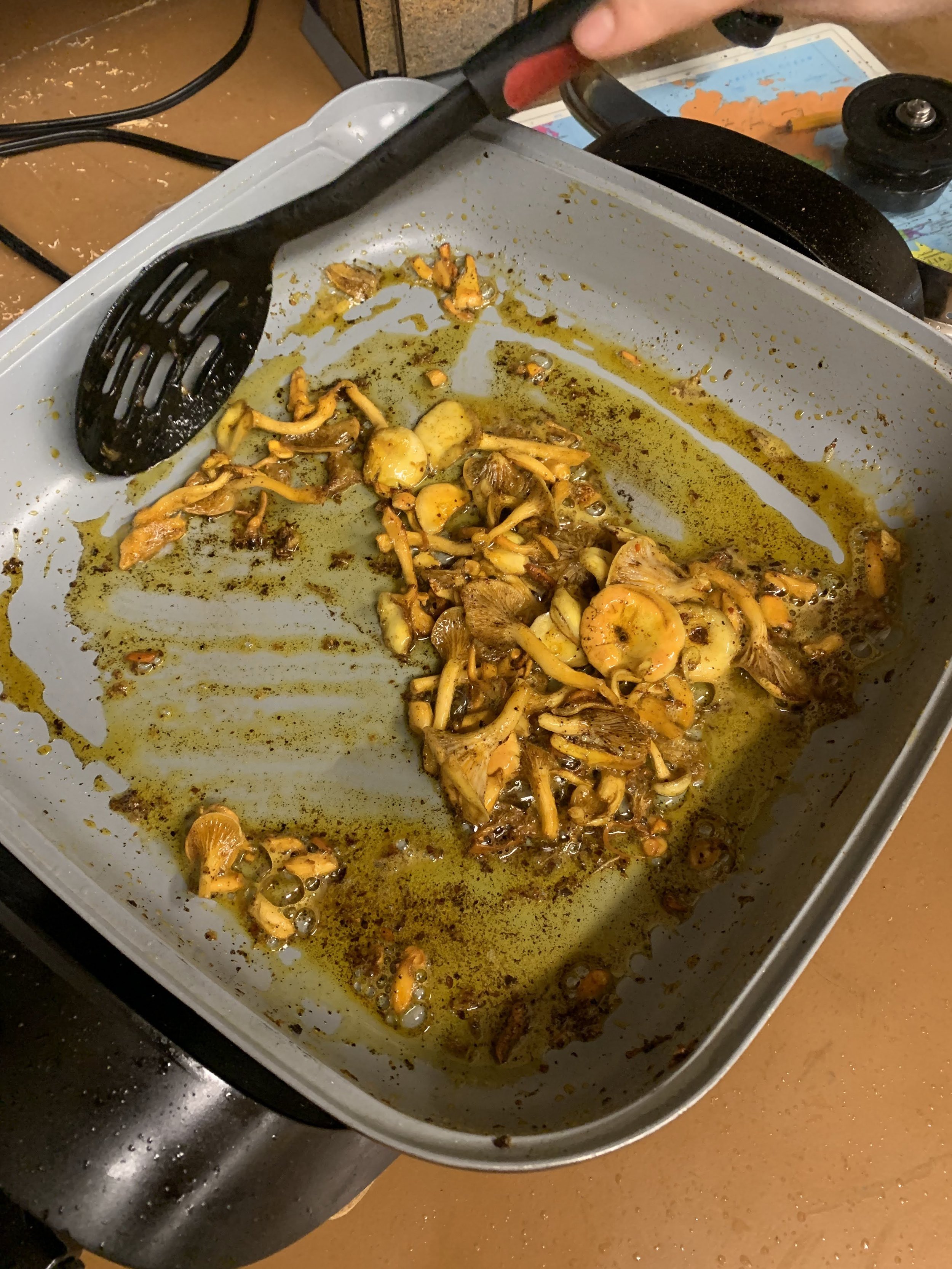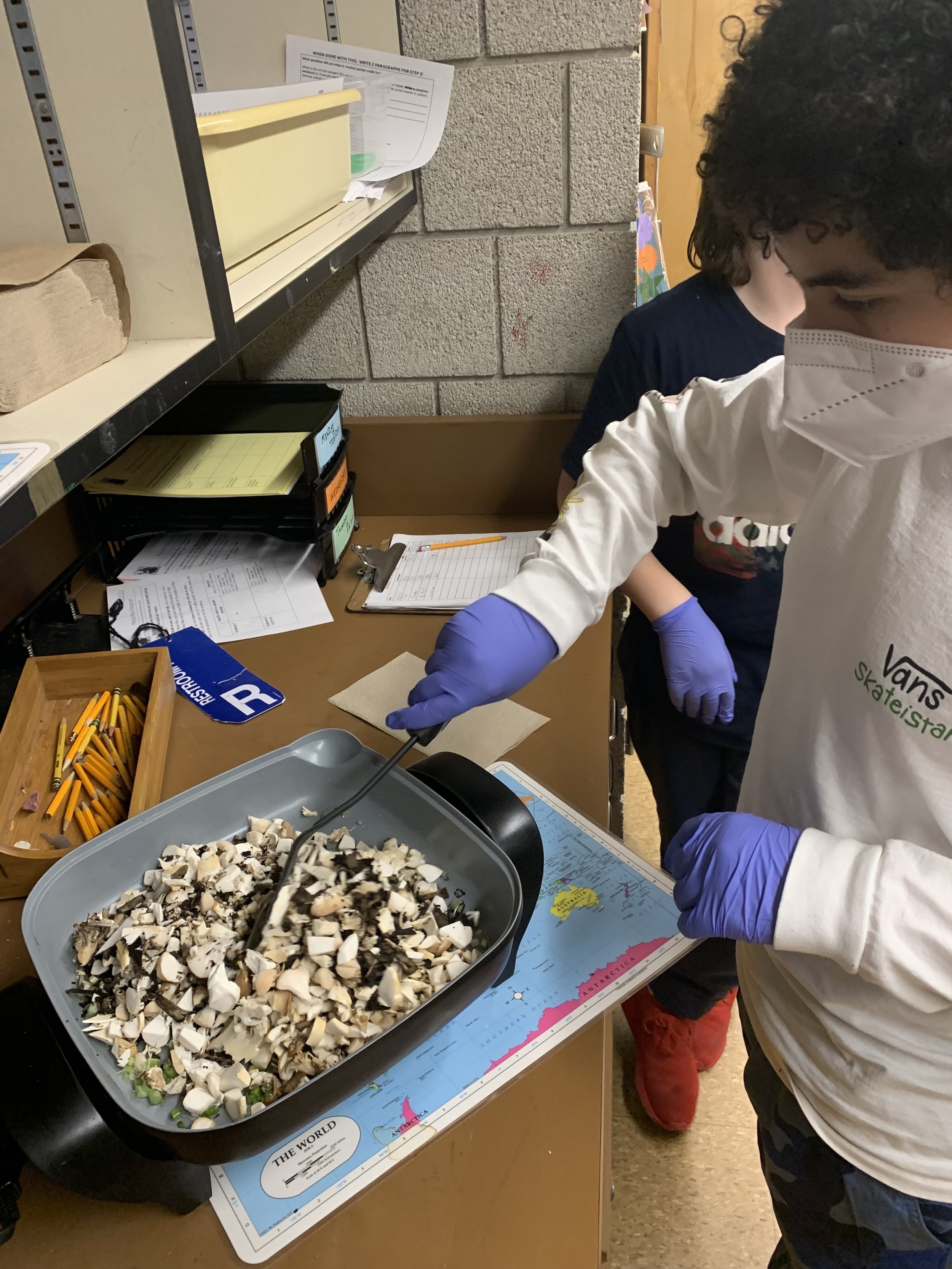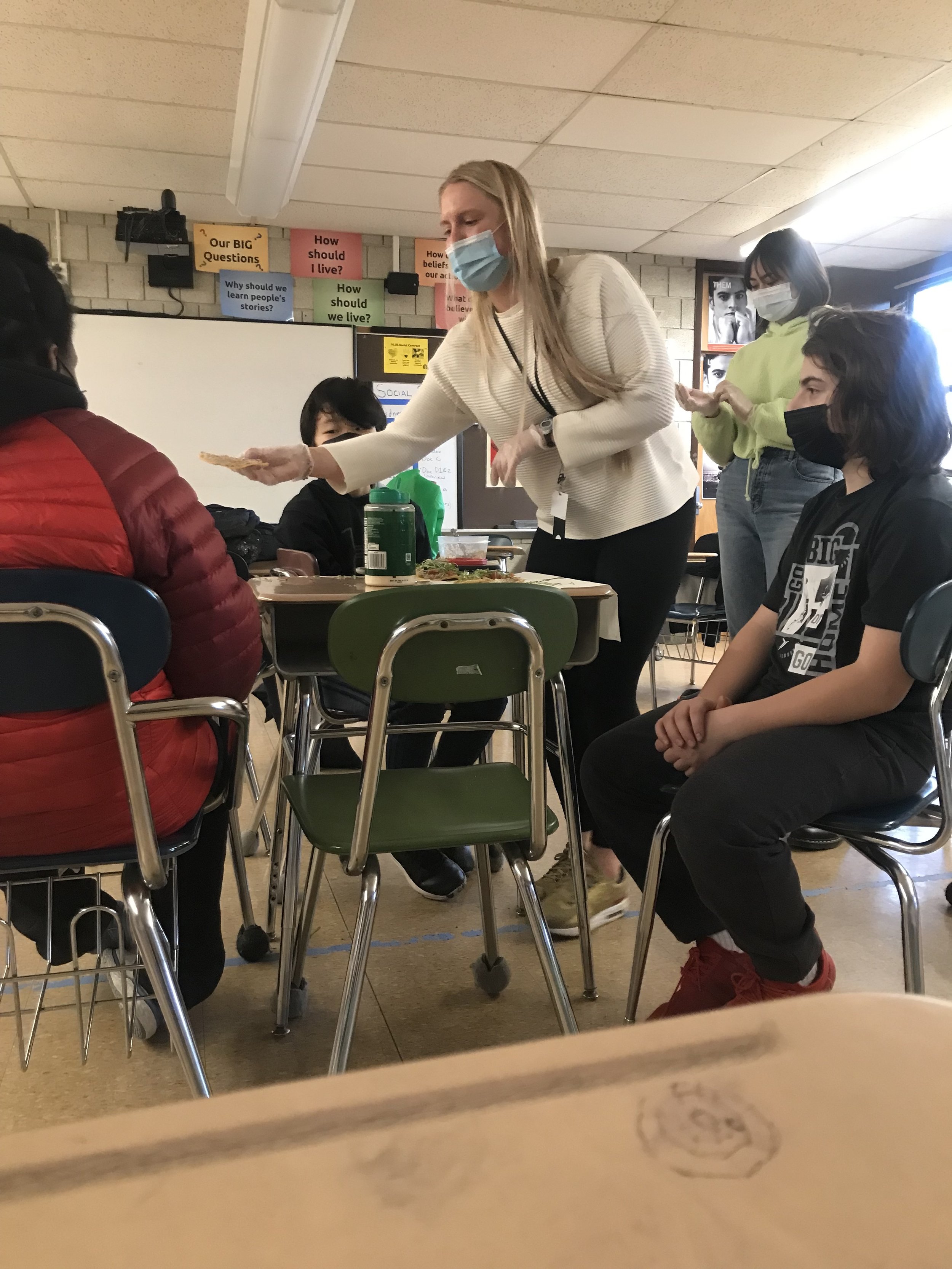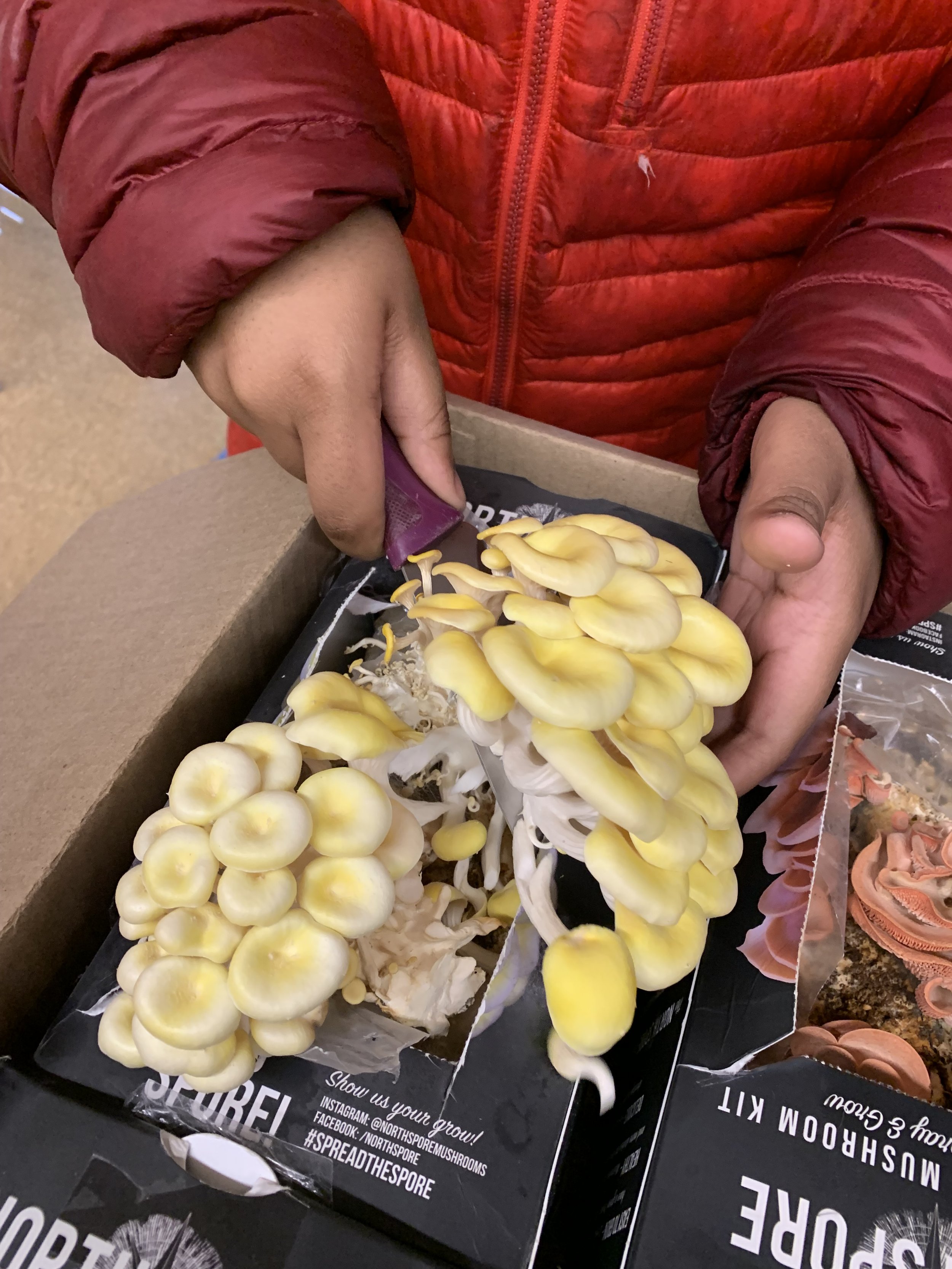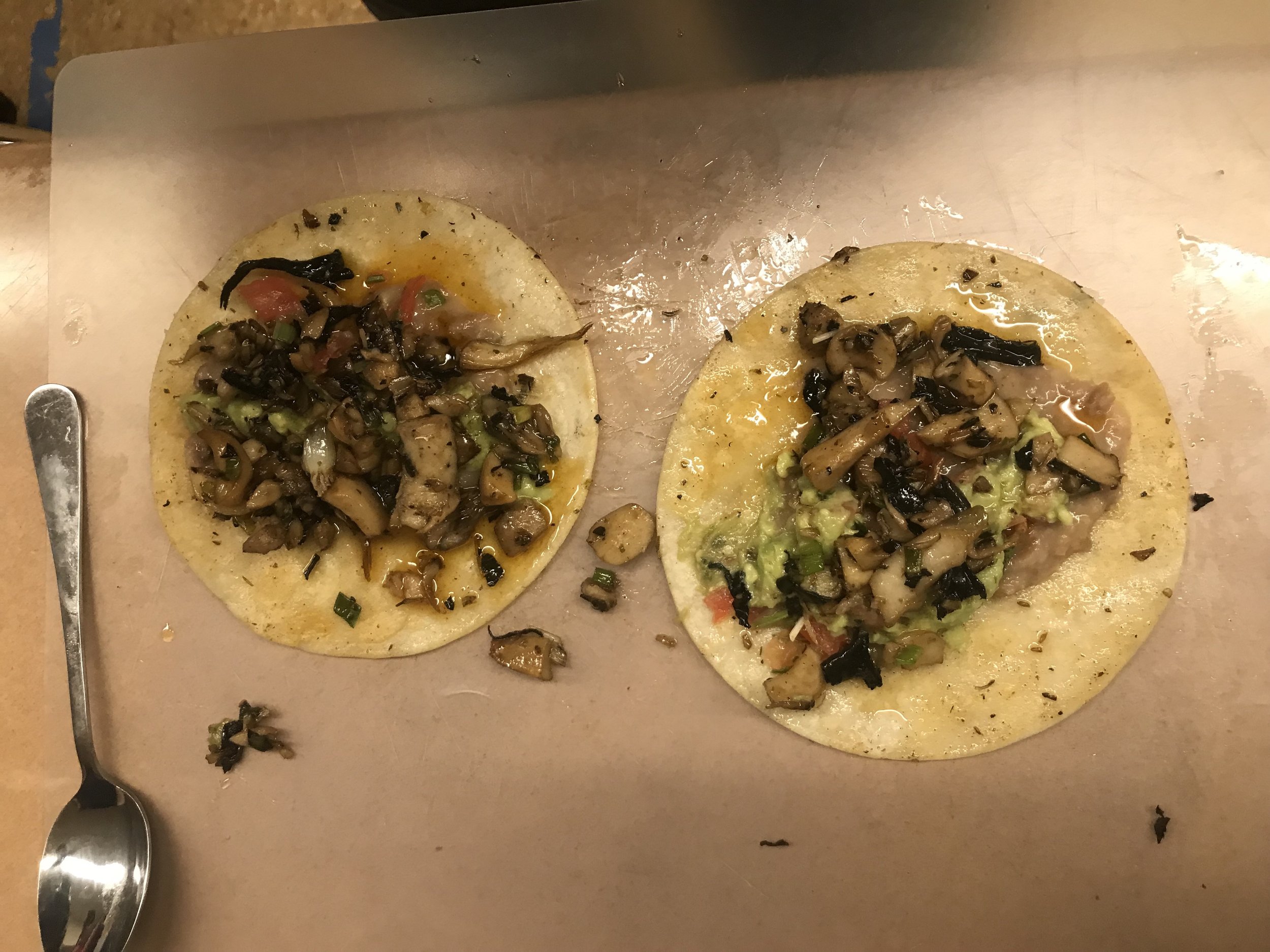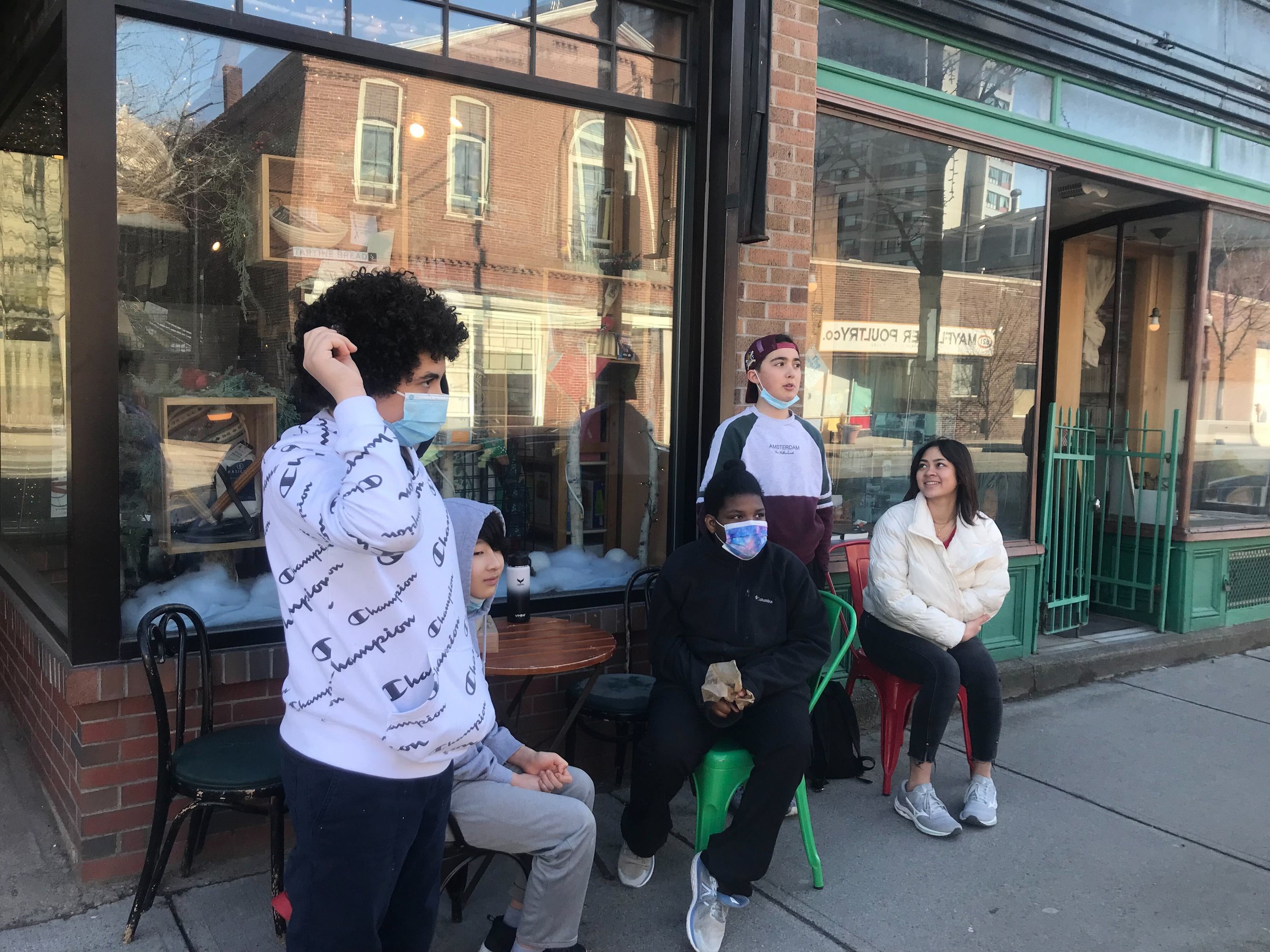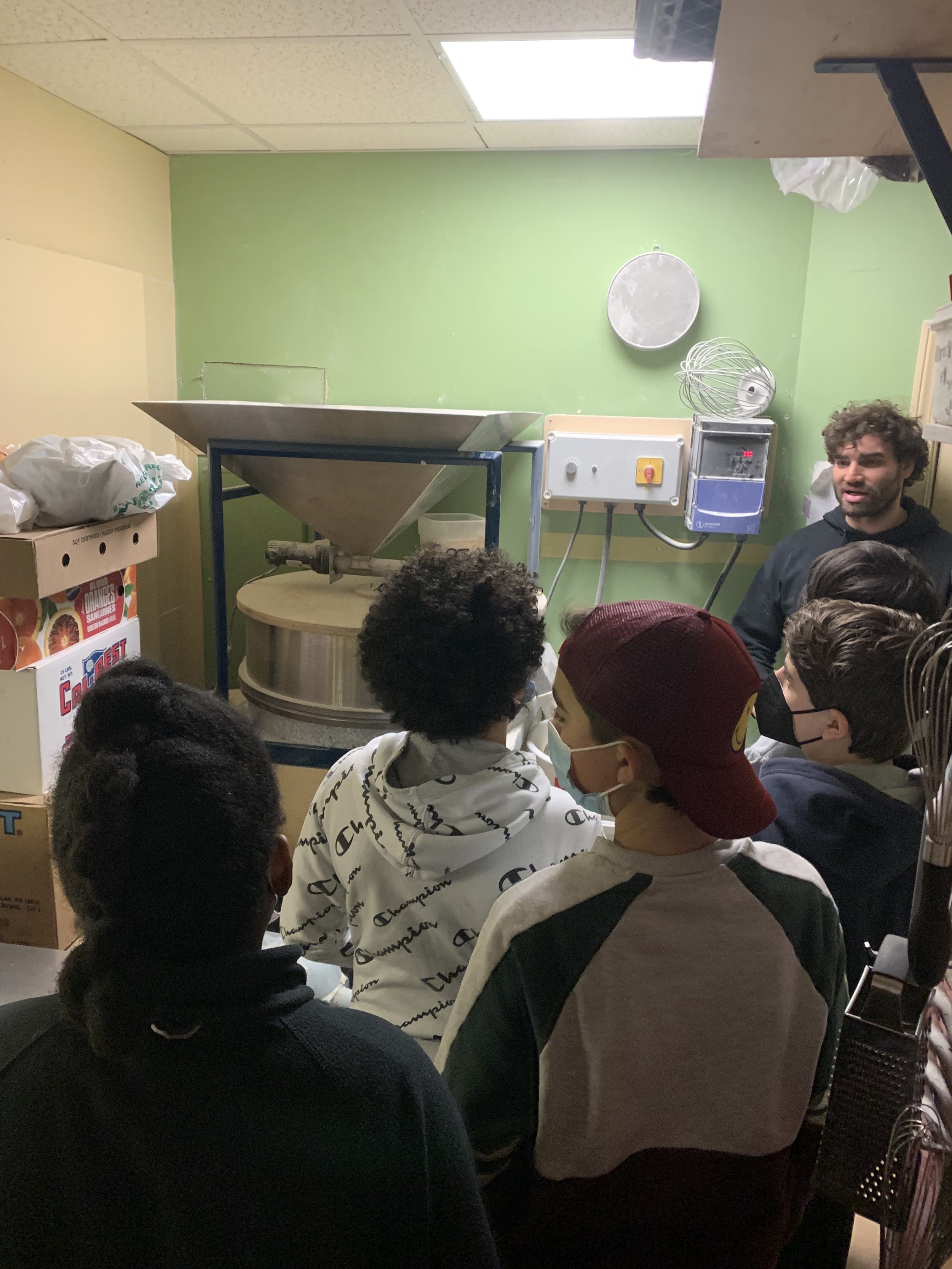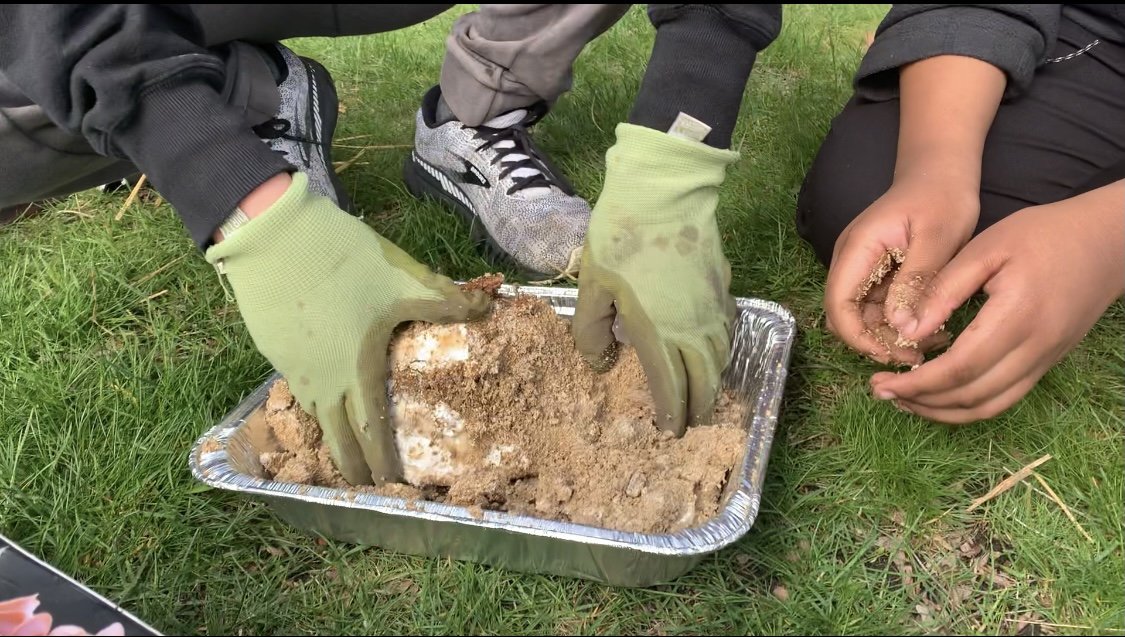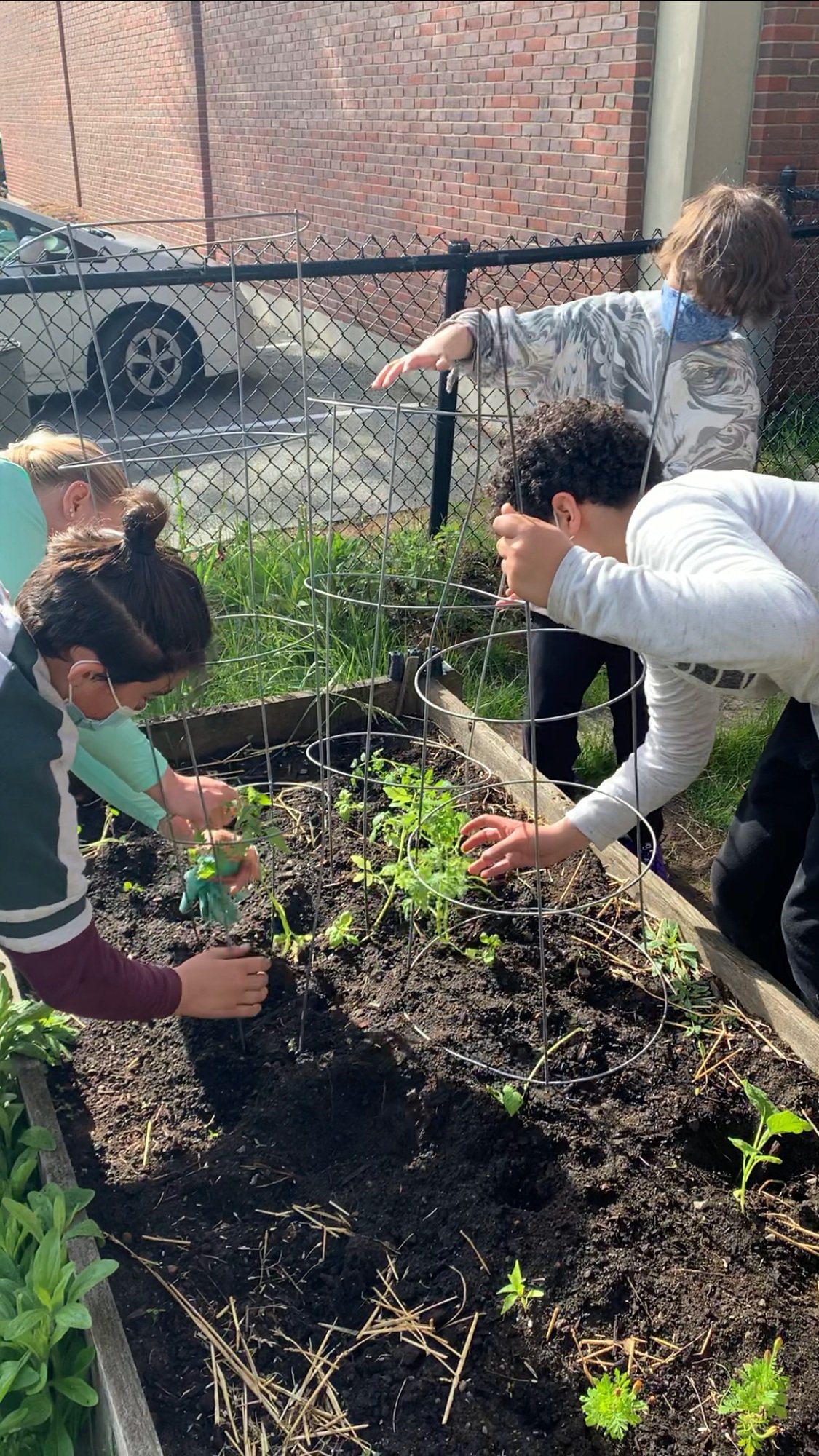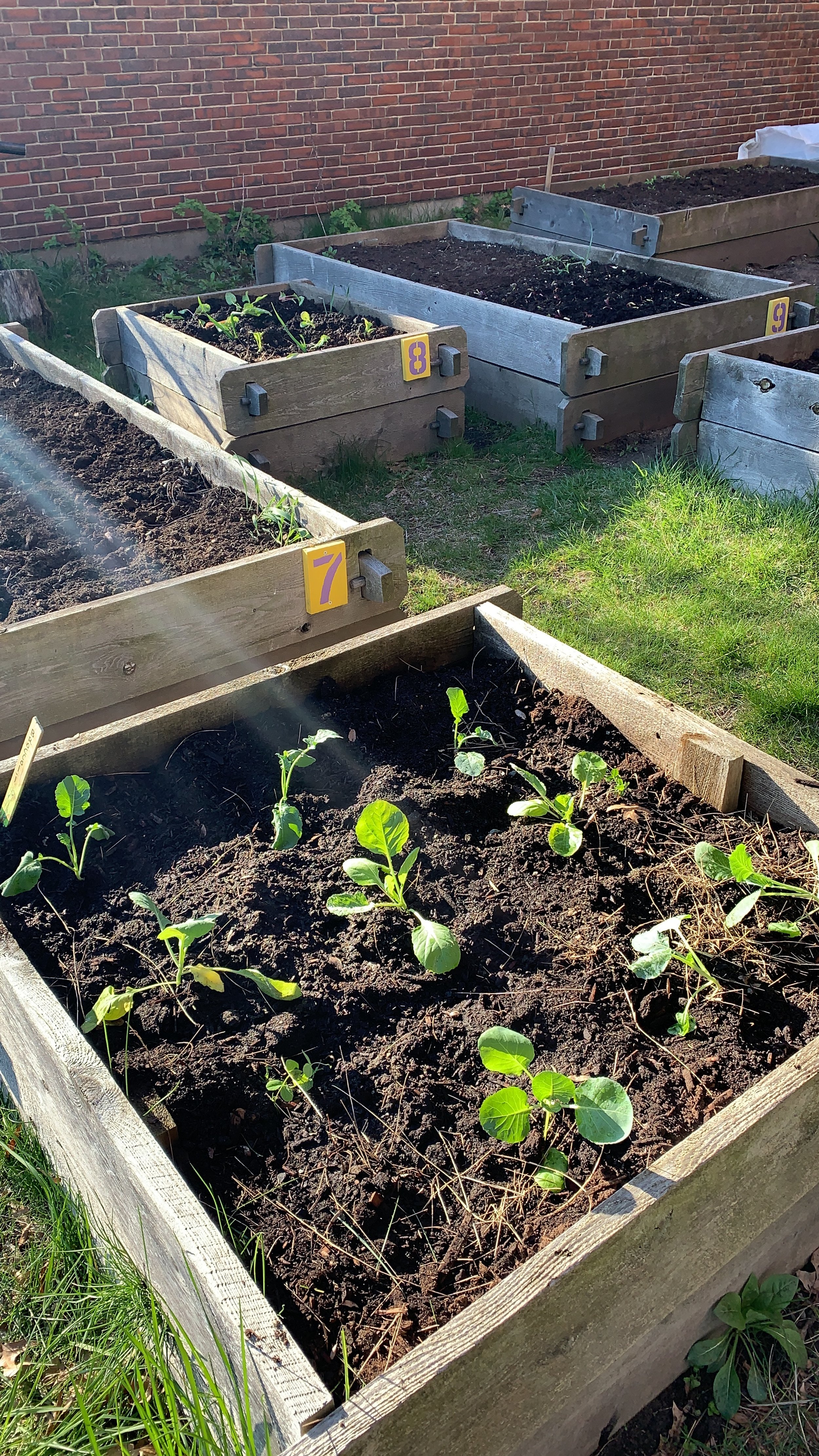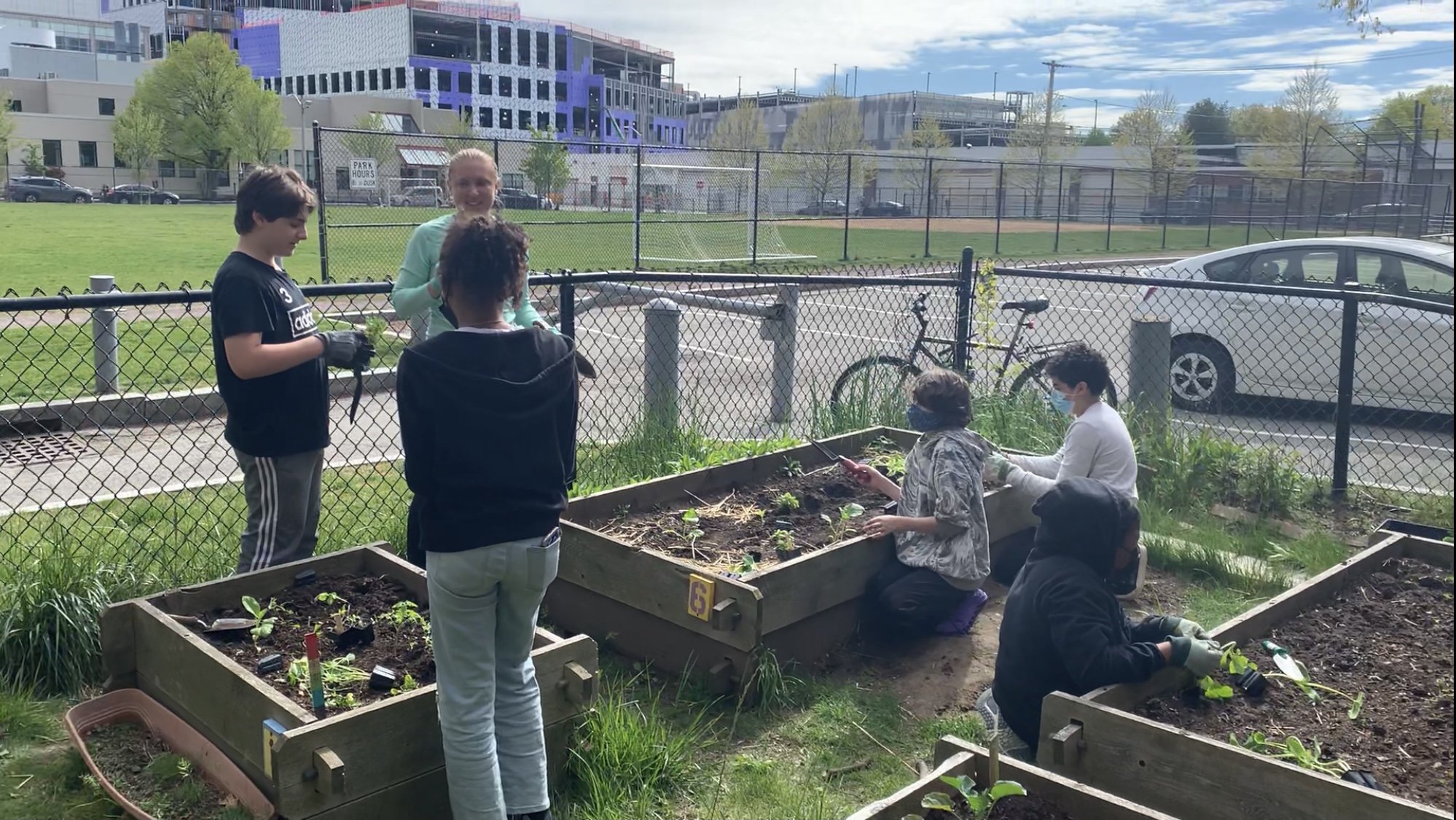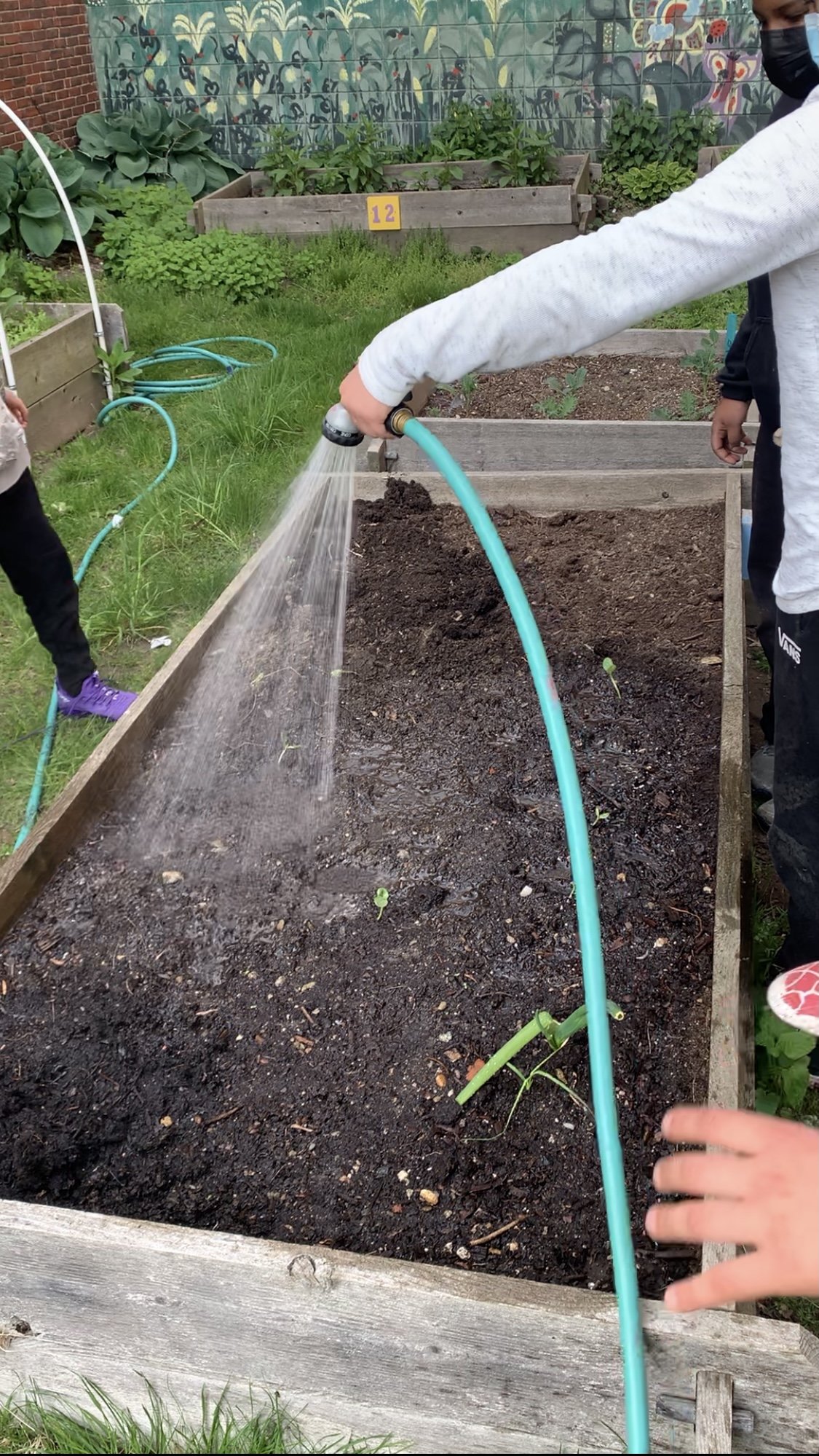Learning from Young Leaders
Izzie Malkani, Communications and Development Associate
Over the course of my 6 months at CitySprouts, I had the pleasure to work alongside Garden Educator Heather Fisher at her Young Leaders After-School Program (YLP) in East Cambridge. Having no prior experience working with youth, I had no expectations—which set me up for the perfect learning experience.
Stepping in without nearly as much knowledge about the lessons as GE Heather, I was equally a student as I was a teacher. I learned at the same pace as our youth about different fungi species and mushroom growing kits, garden mapping, pickling, and much more. Coming from college classes where I’m expected to learn concepts and synthesize information at a much higher level, it was a gift to be able to learn alongside youth and see them come up with the same questions I do. In fact, I think the presence of a younger teacher encouraged more communication and decreased the power structure of teacher-student, which I believe otherwise would make youth less participative.
One of the biggest takeaways for me was discovering that social-emotional environments are extremely beneficial to youth in multiple ways. Upon witnessing students break out of their shells and emerge as leaders, I realized there’s no better space for students to learn about leadership than in an environment where community, cooperation and inquiry are encouraged. I noticed that once our students started to get comfortable with each other more and more each week, the more they participated, and the more they felt confident to use their voices and challenge others’ ideas. I also made sure that I directly asked them questions that I didn’t know so they had a chance at teaching someone older than them. This dynamic made us feel like equals and hopefully made the youth feel confident in their knowledge.
One of the highlights of our time at YLP was when we went on our first field trip to the Museum of Science Boston. It was the first time this year that our youth were taken out of the classroom and expected to behave under different expectations. After observing student dynamics before and after the field trip, I noticed that the change of setting was crucial to their development as young leaders. Giving them the freedom to explore the museum while also sticking to the group allowed them to practice self-control and exercise good judgment. Some of the museum exhibitions we visited were actually monumental to the youth bonding, as they were challenged to collaborate in fun and exciting ways. Encouraging youth leadership requires us teachers to be hands-off, and just prioritize being their guidance and support.
At the end of my time in the program, I developed my leadership skills just as much as the youth did. In college I’m used to competing with people my age all the time, so it was completely new to me to be someone that younger teens look up to. Luckily I learned from the best, GE Heather, who’s been doing this for years. She taught me that being a good leader to middle school students doesn’t mean being dominant. It means knowing when to step back and knowing how to empower youth to be the best versions of themselves.

